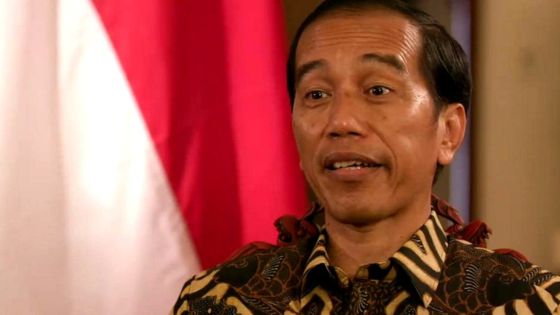
Indonesian President adamant on chemical castration policy
But doctors say that it is unethical to cooperate
Indonesian President Joko Widodo has told the BBC that his new policy of chemical castration could “wipe out” paedophilia in his country. He said that “our constitution respects human rights, but when it comes to sexual crimes there is no compromise. We are strong and we will be very firm. We will hand out the maximum penalty for sexual crimes.”
The new law follows a number of high-profile sex crimes. He told the BBC that: “In my opinion… chemical castration, if we enforce it consistently, will reduce sex crimes and wipe them out over time.”
Chemical castration, which involves the use of drugs to reduce libido, was approved over strong resistance from the Indonesian Doctors Association. They declared that it was unethical and against human rights. Dr Prijo Sidipratomo, chairman of the Association’s medical ethics committee, published a fierce denunciation of the penalty in the BBC:
You cannot cure paedophilia by chemical castration. How long can it last? Let’s say the patient has it for three years while in jail. But after his release he can go to a doctor and reverse it with hormone therapy. Chemical castration is not completely irreversible, so it is not effective.
Furthermore, the punishment cannot be done as long as the executor is a medical doctor, because we have to uphold medical ethics. When you become a doctor, you have to swear that you won’t do anything harmful to any human being. My message to all doctors across Indonesia is that as long as you’re a doctor, you cannot do it, even if the government says it is to punish a rapist.
The President’s response is that if doctors refuse, he will use military doctors. “There are lots of people who want to do it. That’s not a problem.”
https://www.bioedge.org/images/2008images/TH_Joko1.jpg
Creative commons
https://www.bioedge.org/images/2008images/FB_Joko1.jpg
chemical castration
indonesia
- How long can you put off seeing the doctor because of lockdowns? - December 3, 2021
- House of Lords debates assisted suicide—again - October 28, 2021
- Spanish government tries to restrict conscientious objection - October 28, 2021
